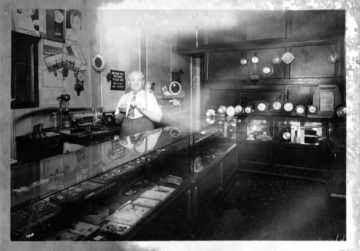by Christopher Horner

Appearances can change. This can be because the thing you are viewing has changed, or because you have moved, so what was there anyway now looks different. In a ‘parallax shift’ an object’s position appears to change when viewed from a new vantage point. This latter is what is happening in the way ‘The West’, now looks to its own citizens. The cause is the continued refusal by political leaders to do anything to stop the ongoing genocide in Gaza.
For Western political and media elites, events in Gaza are somehow complex, and legally ambiguous, obscured by a diplomatic word-fog. Meanwhile the rest of us have clear real-time images on our screens of what is happening there: mass murder. You can’t miss it, unless you are choosing to look away. So, look. Then turn back to the USA, UK, Germany et al. They seem complicit – because they are, and have been for a long time
The recent, very late acknowledgement by the media and political classes that something terrible is happening and that somehow Israel has some responsibility, is motivated by a desire to avoid looking responsible for what is now unfolding. Their chatter about this is the grotesque soundtrack to what is beamed live into our mobile phones and homes: genocide, now in the form of planned starvation of a civilian population. It can’t be just shrugged off as the news cycle moves on. Read more »

